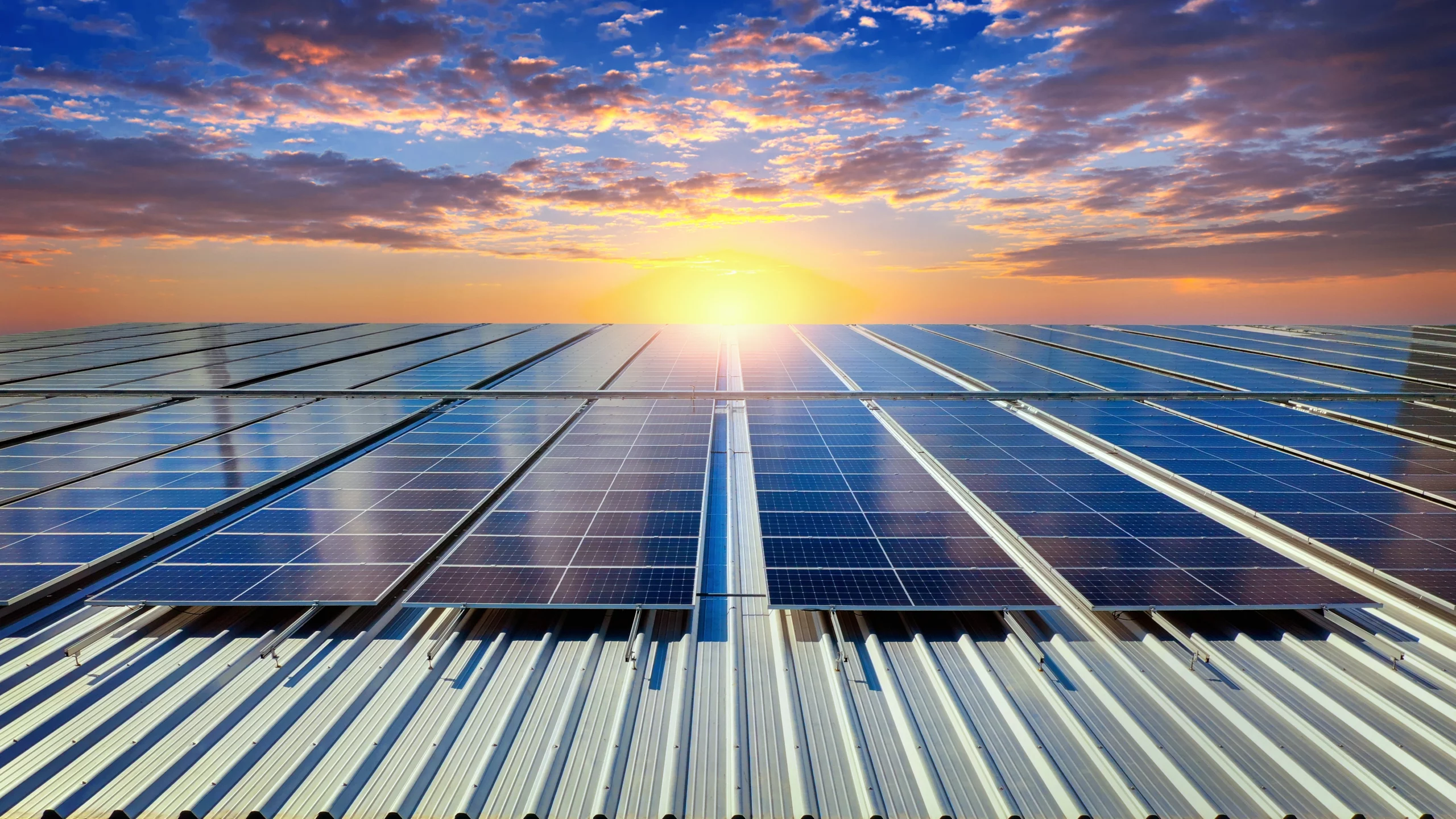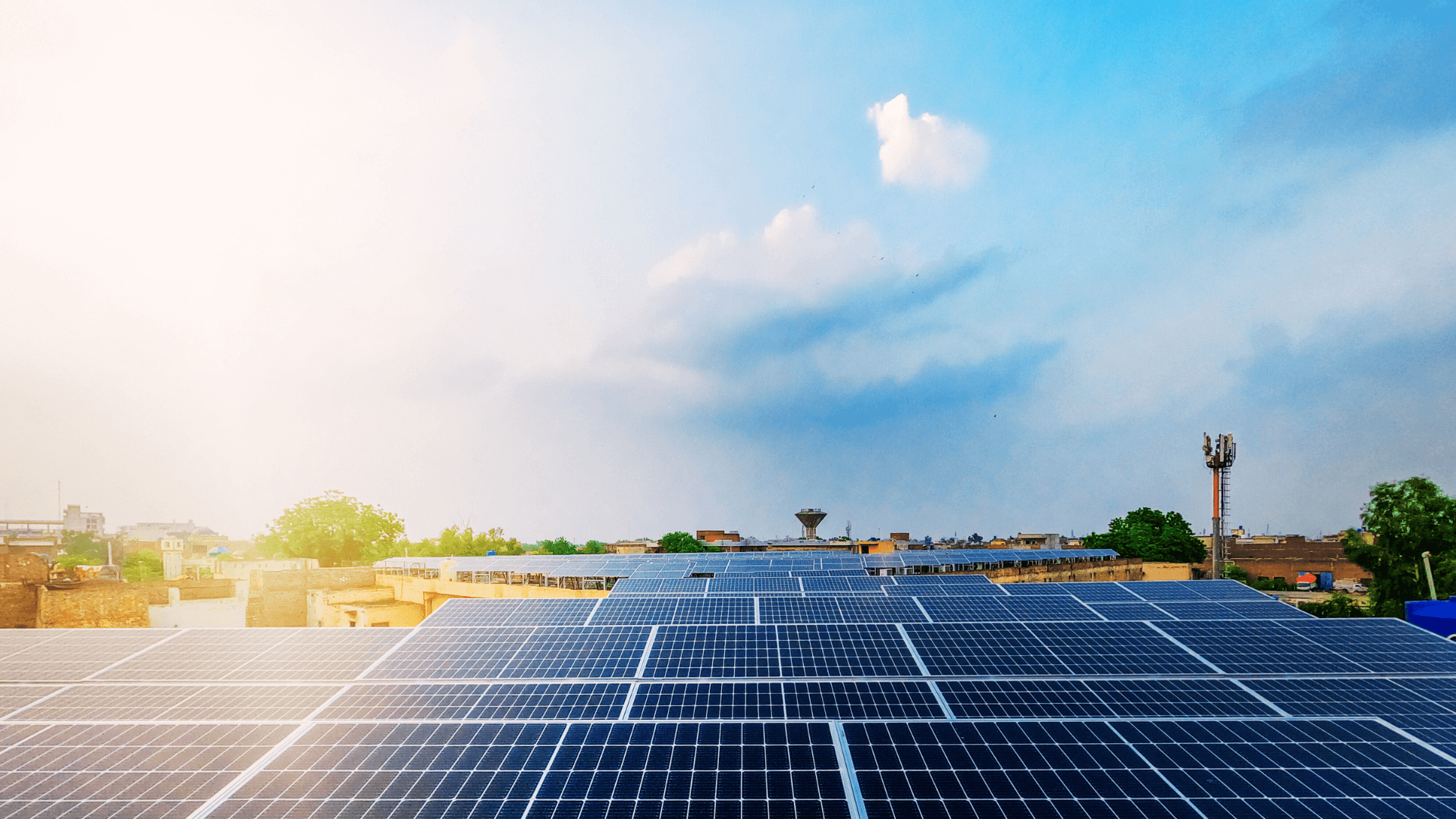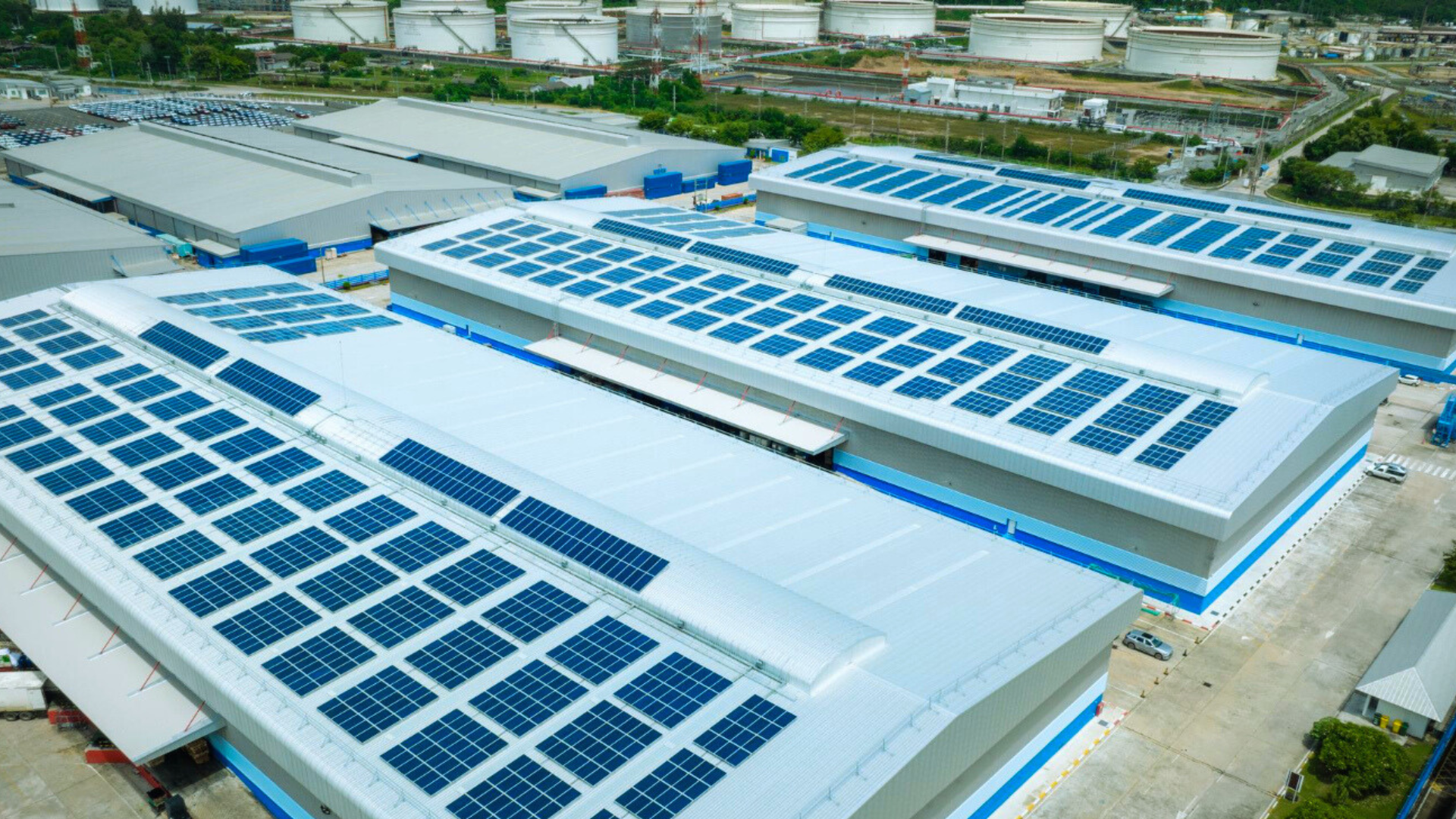Choosing between an off-grid and an on-grid solar power system can be a pivotal decision for your energy needs. Solar power systems offer sustainable and renewable energy solutions, but the right choice depends on your specific circumstances and requirements. This blog will guide you through understanding both systems and help you determine which one is the best for you.
What is an On-Grid Solar Power System, and what are its benefits?
An on-grid or grid-tied solar power system, is linked to the public electricity grid. It allows you to use solar power generated during the day and draw electricity from the grid when needed.
There are several benefits of on-grid systems, such as:
No Battery Storage Needed
On-grid systems do not require battery storage, reducing the hassle and space requirements at the time of installation.
Net Metering
Excess electricity generated can be fed back into the grid, earning credits on your electricity bill.
Lower Initial Costs
Without the need for batteries, on-grid systems are generally less expensive to install.
Reliable Electricity Supply
You can always rely on the grid for additional power, ensuring you never run out of electricity, whether for your home or business.
What is an Off-Grid Solar Power System, and what are its benefits?
An off-grid solar power system operates autonomously and is not connected to the public grid. It requires batteries to store the excess energy generated during the day for use during the night or on cloudy days.
An off-grid system caters to certain user requirements. Here are the benefits of an off-grid solar power system:
Energy Independence
Off-grid systems provide complete autonomy from the public electricity grid.
Consistent Power Availability
These systems ensure continuous, uninterrupted power supply, even during grid outages.
What are the Differences Between On-Grid and Off-Grid Solar Power Systems?
Both systems have unique benefits and applications, and the right choice for you will depend on your specific energy needs, location, and financial considerations. Let’s break down the main differences between on-grid and off-grid solar power systems to help you decide which is the best fit for your situation.
Setup and Infrastructure
On-grid systems connect to the public grid, while off-grid systems require batteries and standalone infrastructure.
Cost Considerations
On-grid systems generally have lower initial costs due to the absence of batteries, whereas off-grid systems involve higher costs but offer independence.
Reliability and Energy Independence
Off-grid systems provide energy independence and reliability in remote areas, while on-grid systems rely on the public grid.
Environmental Impact
Off-grid systems may have a smaller carbon footprint due to their self-sufficiency, while on-grid systems can benefit from net metering.
Maintenance and Complexity
Off-grid systems are more complex and require regular maintenance compared to the simpler setup of on-grid systems.
How to Choose Between On-Grid vs. Off-Grid?
Parameters to help you choose between on-grid vs. off-grid are as follows:
Desire for Grid Independence
If you want complete independence from the grid, consider an off-grid system.
Grid Accessibility and Reliability
If the grid is inaccessible or unreliable in your area, an off-grid system might be better.
Environmental Impact
If you aim for a smaller carbon footprint, an off-grid system can be more sustainable.
Power During Outages
If maintaining power during outages is a priority to you, an off-grid system offers a continuous energy supply.
Need for Backup
If you need the grid as a backup, an on-grid system provides the necessary support. For most residential/business applications, the off-grid system seems to be a better choice. The primary requirement for most locations is a continuous power supply. And for a relatively small percentage of users, the priority is better sustainability. For both types of users, the off-grid system provides the most beneficial outcomes.
Conclusion
Deciding between an on-grid and an off-grid solar power system depends on your specific needs and circumstances. On-grid systems offer cost savings and simplicity, while off-grid systems provide independence and reliability.
Assess your energy needs, grid accessibility, environmental goals, and budget to make an informed decision. Additionally, consider financing options such as a rooftop solar loan to support your investment. Solar power systems are a sustainable choice, and the right system will help you achieve your energy goals effectively.
FAQs:
Why choose an off-grid solar power system?
Choosing an off-grid solar power system comes with numerous benefits. First and foremost, you eliminate monthly power bills, gaining complete energy independence. Using solar energy significantly reduces your carbon footprint. Solar power produces 85% less CO2 compared to electricity generated from coal, making it a much greener option. By opting for an off-grid solar power system, you not only save money but also contribute to a cleaner, more sustainable environment.




